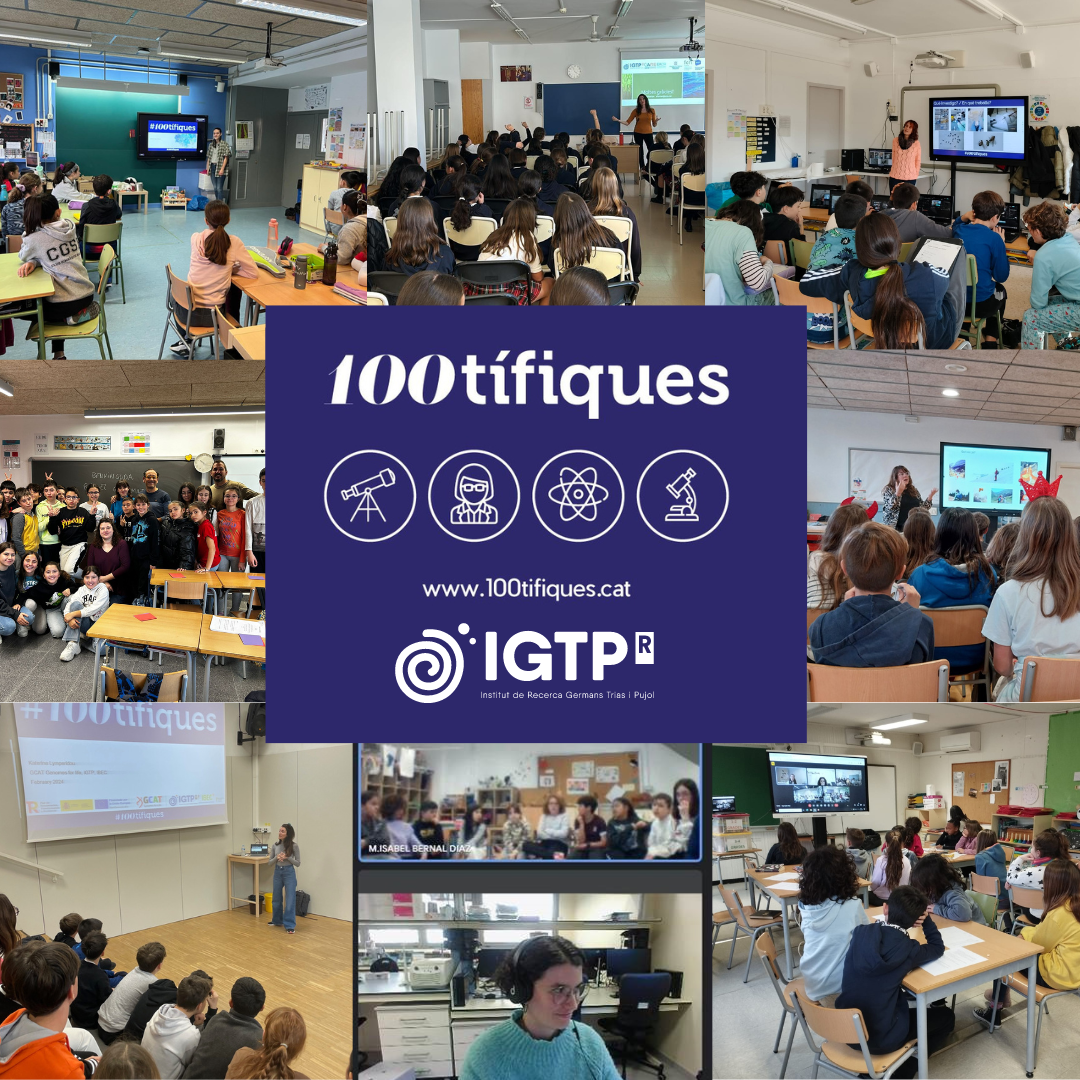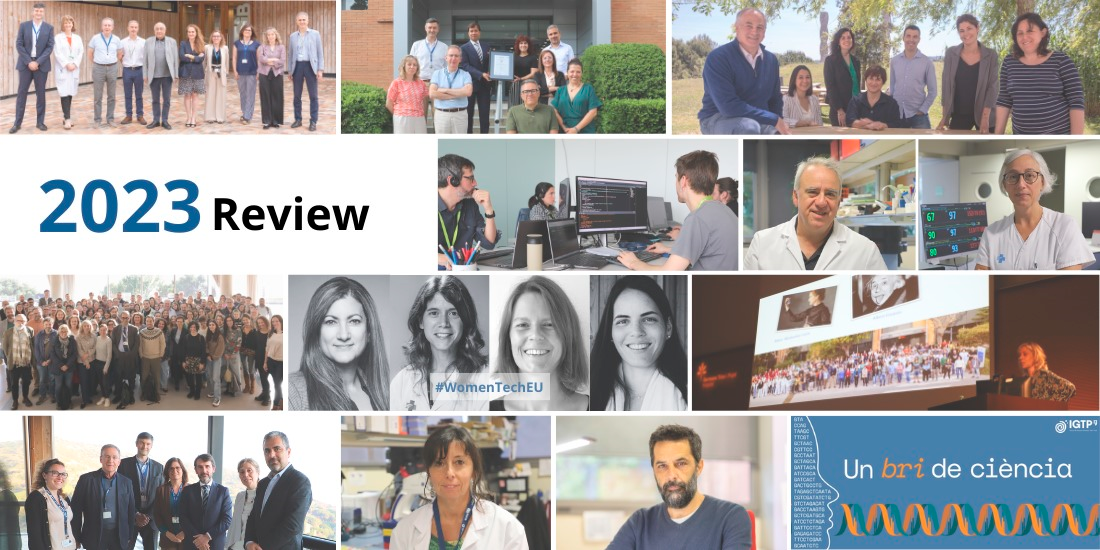IGTP and EATRIS strengthen ties with a symposium focused on driving translational research with patient involvement
IGTP has held an event to share resources, perspectives, and advancements as a centre linked to EATRIS, with a special focus on patient involvement in biomedical research.










